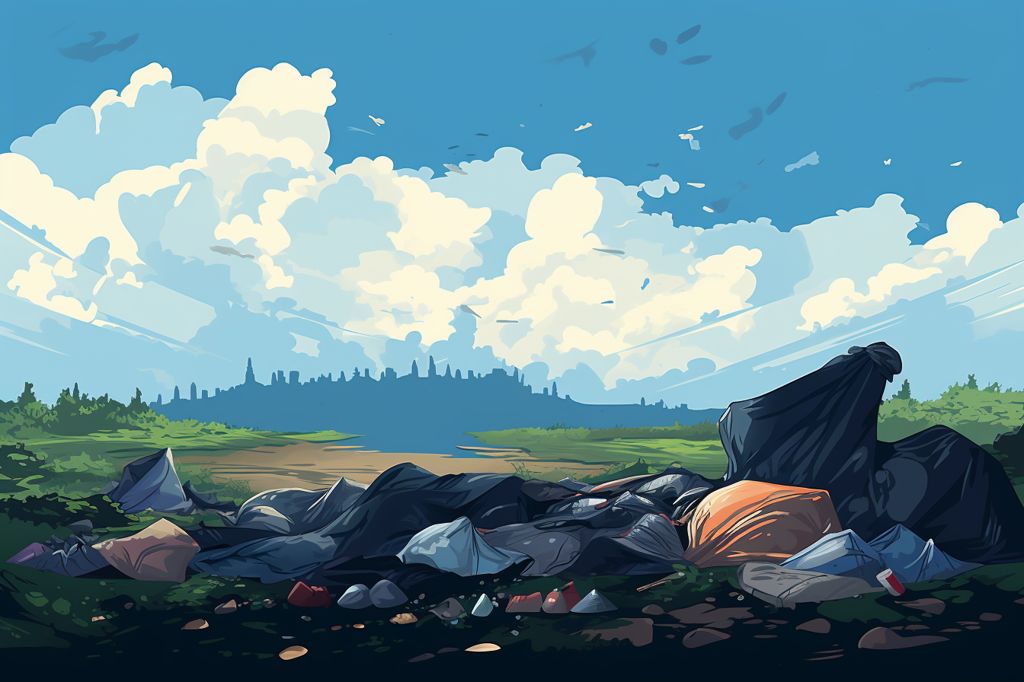Illegal dumping has become a significant issue across various public open spaces, causing harm to the environment and threatening the health and safety of nearby communities. Law enforcement departments are now taking action to combat this pressing problem.
An Alarming Surge in Incidents
Recent statistics show a shocking increase in illegal dumping incidents. Between July 2021 and March 2022, city law enforcement impounded 47 vehicles involved in illegal dumping. However, from July 2022 to March 2023, the number of vehicle impoundments skyrocketed to 132 vehicles, representing an increase of 181%. The fines issued under the Integrated Waste By-law also saw a 171% increase, from 3,898 to 10,599.
The Most Commonly Dumped Items
Builder’s rubble and general waste continue to be the most frequently dumped items. However, there has been an alarming increase in medical waste and perishable food items like meat. The problem has reached critical levels in various hotspot areas, including Dunoon, Wallacedene, Elsiesriver, and the Atlantis Industrial Area.
A Call to Action
Alderman JP Smith, Mayoral Committee Member for Safety and Security, condemns this behavior and highlights the massive costs the city incurs annually to clean up the environmental mess. Illegal dumping also has hidden consequences, such as local flooding during heavy rain. It is crucial to collaborate and put an end to this reprehensible practice.
Penalties for Illegal Dumping
The fine for illegal dumping currently stands at R2,500, and there is an additional vehicle impoundment release fee of R8,700. The release fee increases to R11,700 for a second offense and R17,400 for a third offense.
Reporting Incidents
Law enforcement officials urge the public to report any witnessed illegal dumping incidents promptly. They also request citizens to take photographs of the involved vehicles, license plates, and locations to enable swift follow-up. Residents are reminded to use reputable service providers for waste and rubble removal from their properties and to use designated waste drop-off facilities.
How to Report Illegal Dumping
To report illegal dumping in progress, contact the City’s Public Emergency Communication Centre on 021 480 7700. Alternatively, the public can share tips for potential rewards via the City’s 24-hour tip-off line at 0800 110 077.
Illegal dumping poses a significant threat to the environment, public health, and community safety. Law enforcement’s recent surge in impounded vehicles and issued fines reflects its commitment to tackling this issue. However, it is everyone’s responsibility to report incidents, use reputable waste removal services, and work together to create a cleaner, safer environment.








